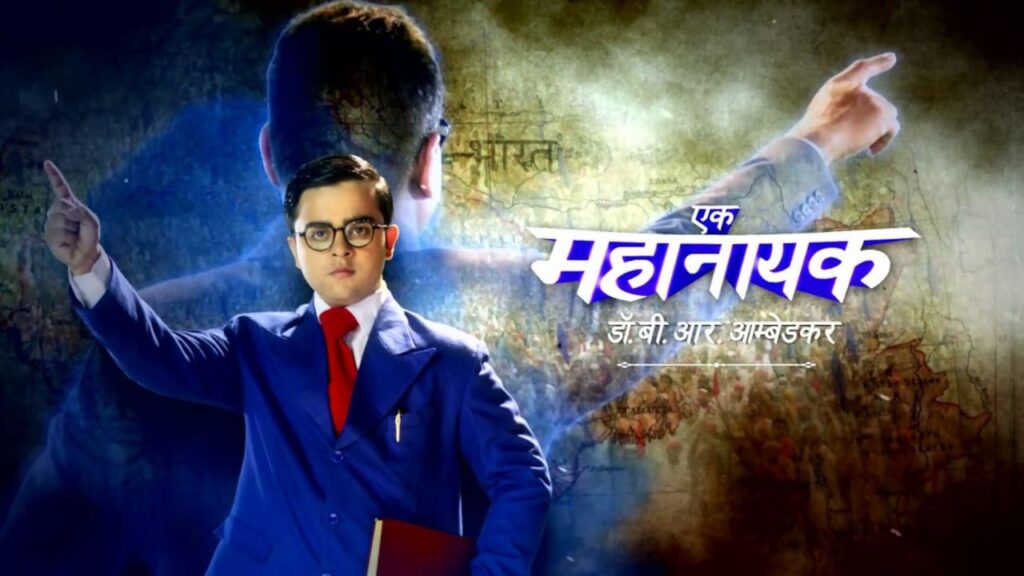
Government policies and non-government agencies often intend to create socioeconomic security and empower marginalized communities. Finally, in the third part, it presents Ambedkar's theory of recognition as a normative ideal, which encapsulates the project of emancipation. In the second part, it interrogates and engages with the different discourses of recognition. The first part of this paper tries to problematize the idea of recognition. Ambedkar's Annihilation of Caste exposes such a gap and seeks to devise a more capable normative alternative theory.

This creates a contradiction or incoherence within the theory.

However, the scope of existing theories of recognition is limited as they propose new values without adequately displacing the old ones. The various theories of recognition aim towards establishing human good as a normative ethical ideal.

The oppressed community's struggle for recognition then becomes necessary in order to be able to live a good life. Despite the democratic upsurge, the traditional social value system perpetuates oppression, humiliation and violence against the oppressed communities, groups and individuals.


 0 kommentar(er)
0 kommentar(er)
